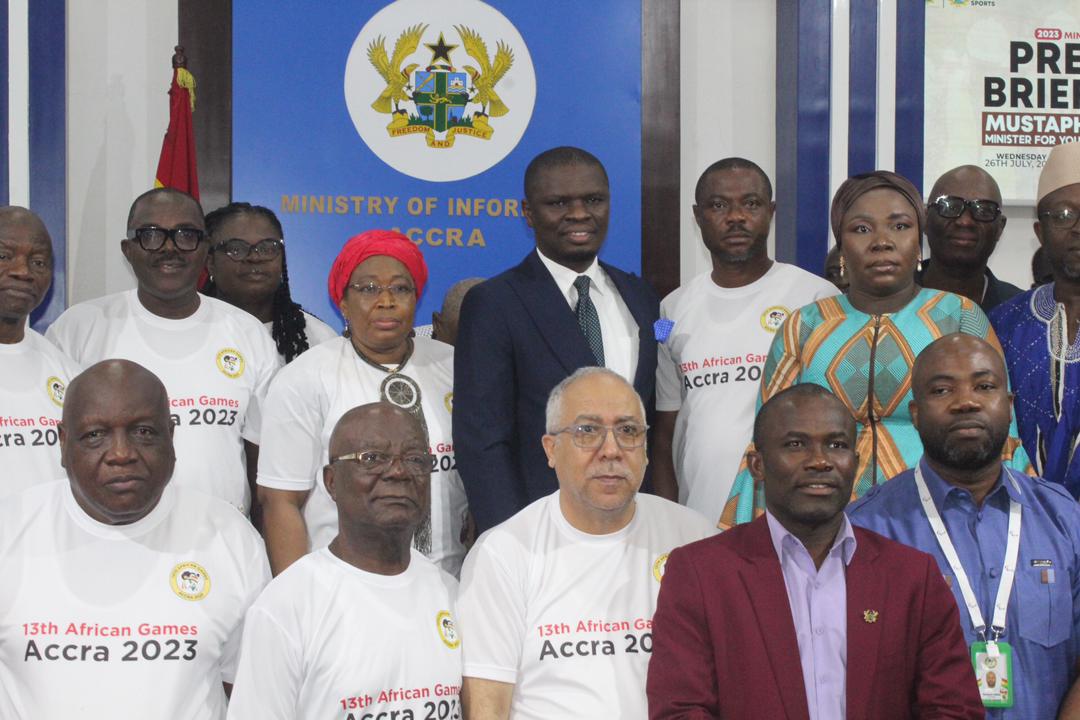
The football age-fraud conundrum that assailed junior national teams of Ghana in the past – causing disqualification from international tournaments – is not likely to occur again.
It has been argued that due to the paucity of birth records in Africa, age-cheating has long been a problem on the continent and technology to detect it in the 80s and 90s did not exist.
Indeed, the Fédération Internationale de Football Association (FIFA) began using Magnetic Resonance Imaging (MRI) scans to determine the age of football players in 2009.
This decision was backed by data-driven evidence which showed that Africa and South American countries, especially, were presenting players older than the stipulated age-limit for its competitions that required age limits
“MRI has been adopted as a definitive measure for fair play by the International Federation of Association Football,” FIFA stated at the time of its introduction.
FIFA first launched the programme of random MRI wrist-screening to verify the age of players competing in the Under-17 World Cup hosted by Nigeria in October 2009. Consequently, the Confederation of African Football (CAF) has also adopted same since 2011 and has been using the MRI scans to verify the age of players in African football competitions.
While, the continent has won seven World Cups at under-17 level – Nigeria leads with five followed by Ghana with two, but Ghana also won the U20 World Cup in 2009 – interestingly, these successes have not be replicated at senior national team level, with Ghana’s run to the World Cup quarterfinal in 2010 and Morocco’s semifinal finish at Qatar 2022 being the continent’s best runs.
In 2023, MRI testing decimated the Cameroon and DR Congo squads for the U-17 Africa Cup of Nations (AFCON), with the latter pulling out altogether. As recently as 2019, Guinea was kicked out of the Under-17 World Cup after they were found to have falsified the ages of two players.
CAF in 2019 stopped six players from taking part in the U-17 Africa Cup of Nations in Tanzania after they failed MRI tests.
Ghana is using the Ghana national identity cards that are linked to most governmental institutions to check age cheating. However, some ages on the card are questionable as the person might have already falsified the date before card registration – which took place as recently as 2019.
Despite it being a significant step toward creating a robust identification system in Ghana, it is not enough of a solution to age-fraud in sports at the youth level – or any level – due to its complex nature.
The post Editorial: Fair play in African sports appeared first on The Business & Financial Times.
Read Full Story










Facebook
Twitter
Pinterest
Instagram
Google+
YouTube
LinkedIn
RSS